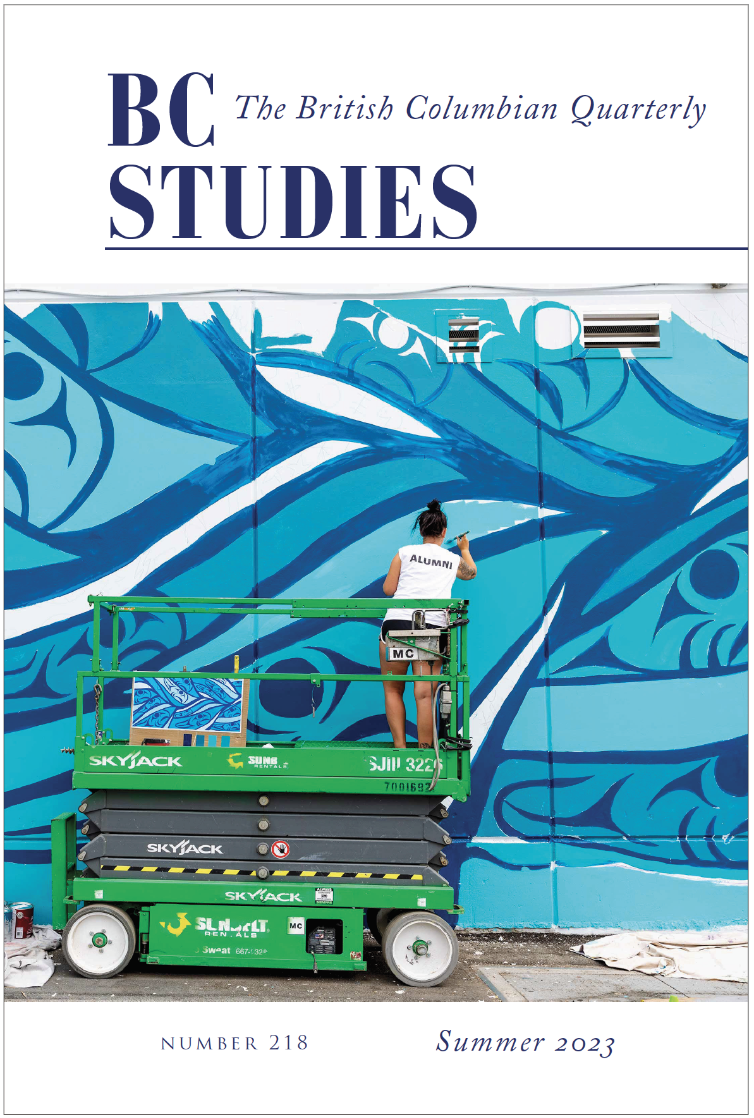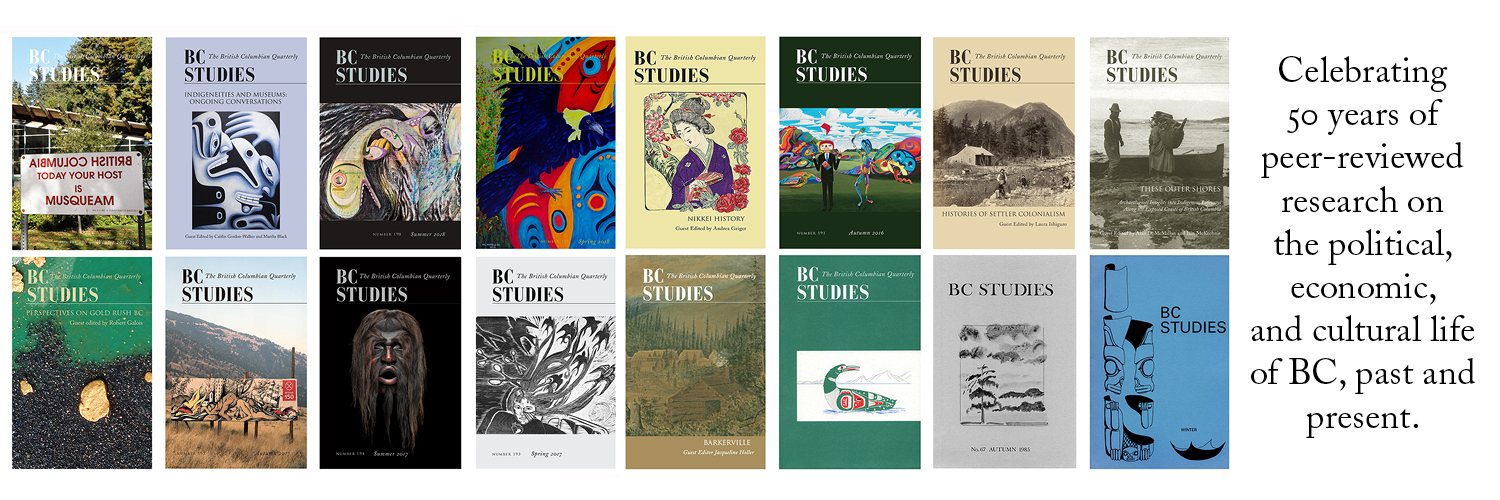Campus Cooperatives
Reimagining Campus Cooperatives in British Columbia for a World in Crises
DOI:
https://doi.org/10.14288/bcs.no218.197372Keywords:
new media, labour force, employment, schoolingAbstract
Along with faculty and the larger community, students are demanding accountability by university leaders in challenging racism, sexual violence and ableism on campuses and in the education of future professionals. In addition, many students, staff and faculty are housing (Weissman et al., 2019) and food insecure (Laban et al., 2020), leading to significant contrasts between the image of a university as a place of thriving amidst diversity and the reality of it being a place where the stratification and disparities of the wider world are reflected. Cooperatives have an impressive record for providing more affordable democratically governed communities. Could a cooperative model facilitate post-secondary institutions enacting their stated commitments to equitable universities that are committed to climate justice?
Downloads
Additional Files
- Episode 1: Michelle Stack interviews Michelle Cooper Iverson, Chief Operating Officer for Cooperative Housing Federation BC
- Episode 2: Michelle Stack interviews Bill Engleson about the early days of a Simon Fraser University Cooperative
- Episode 3: Michelle Stack interviews Elvy Del Bianco, BC Cooperative Association, Director of Co-operative Development and Government Relations



